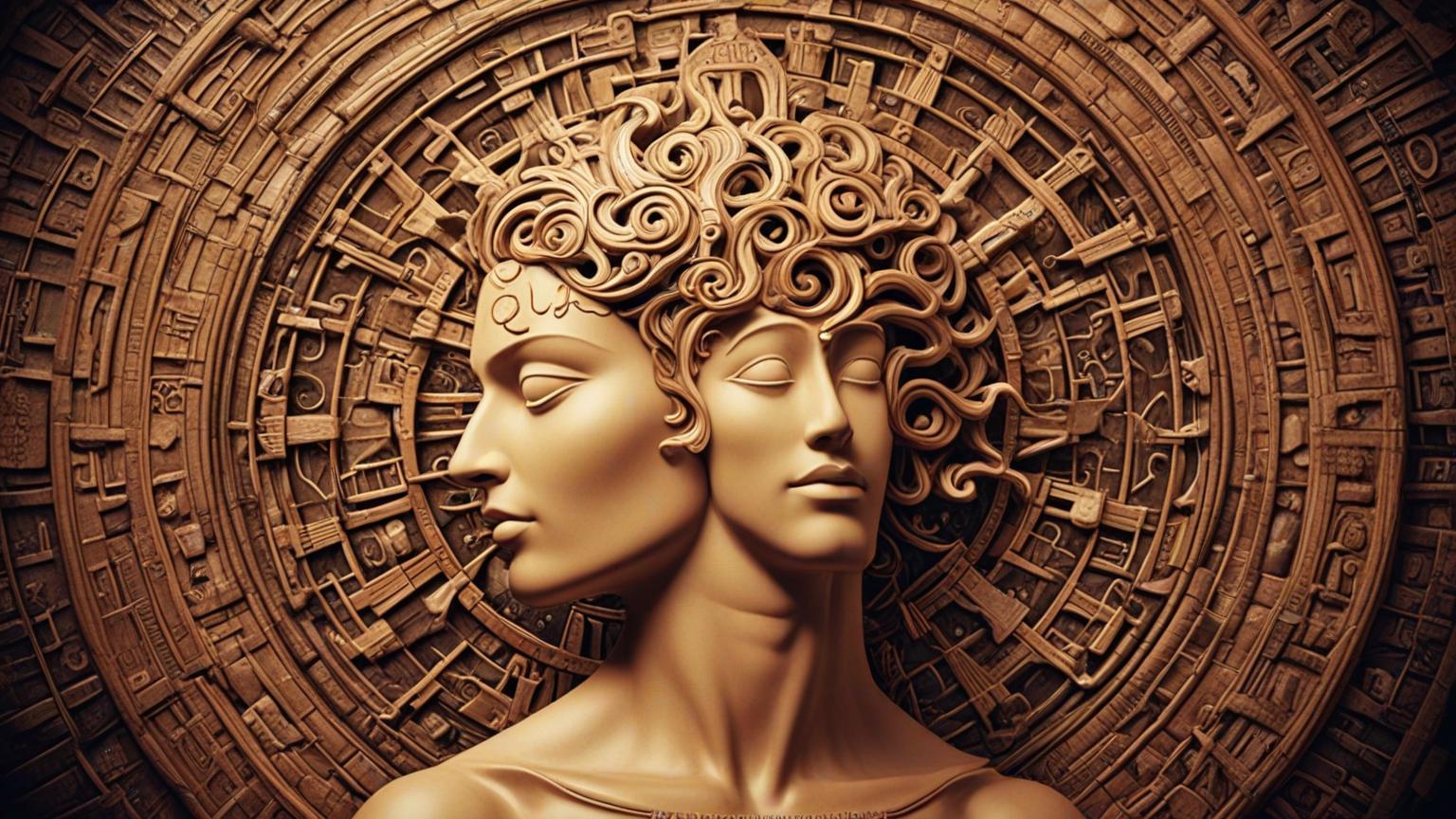In an age where technological advancement permeates every facet of our daily lives, it is easy to overlook the deep wells of knowledge, creativity, and power that reside within each of us. Hidden beneath the conscious thought processes that govern our decision-making, our unconscious mind is an untapped reservoir of potential waiting to be unleashed. This is not the realm of sci-fi or fantasy; it is the domain of scientific exploration and spiritual understanding, intertwined in an intricate dance that defines our reality and capacity for transformation.
At its core, the unconscious mind holds the keys to unlocking personal growth. Often, we stand in our own way, entangled in beliefs and fears that limit what we think we are capable of achieving. Yet, modern science and age-old wisdom converge to suggest that by understanding and engaging with the unconscious, we can rewrite these limiting beliefs and forge new pathways to personal expansion.
Many ancient spiritual practices have highlighted the importance of introspection and focusing inward to understand our unconscious self. Techniques like meditation and mindfulness, endorsed by mystics and sages across cultures, are celebrated for their power to reveal the shadows and hidden recesses of our minds. Through these practices, we may gain insights into our deeper motivations and uncover instincts that guide our actions more strongly than we might admit.
Furthermore, contemporary psychology emphasizes the influence of the unconscious in everyday behavior. Sigmund Freud, often considered the father of psychoanalysis, described the unconscious as a repository for desires, memories, and emotions that influence our behavior. While some of his theories may be viewed as controversial, his contributions to understanding the hidden parts of our mind remain a cornerstone for exploring human behavior.
Carl Jung, a student of Freud who later developed his own distinctive theories, identified what he called the 'collective unconscious.' This concept surmises that beneath our individual subconscious is a shared layer of unconscious thought and experience that transcends personal existence, rooted deeply in the history and myths of humankind. Jung's concepts of archetypes and the 'shadow self' act as guides for those seeking to better understand not only their own minds but their place within humanity.
Exploring the unconscious mind does not only lead to personal enlightenment; it also opens the door to creative potential. Artists, writers, and musicians throughout history have tapped into this creative well. Salvador Dalí's paintings, often bizarre and surreal, evoke a sense of otherworldly creativity that mirrors the dreamlike quality often associated with the subconscious realm. Many claim that these surrealistic journeys tapped into deeper layers of the mind, where the boundaries of conventional thought dissolve, allowing creativity to flow unimpeded.
In line with this, the creative process often engages with the unconscious. Writers frequently speak of characters 'writing themselves,' hinting at the mind's ability to form complex narratives beyond conscious planning. Musicians find melodies emerging as if borrowed from a wellspring of universal sound. These are not mere accidents but manifestations of the unconscious mind at work.
Despite its mysterious allure, engaging with the unconscious is not without its challenges. It requires vulnerability and confronting aspects of oneself that may have been long buried for reasons of comfort or survival. This journey is as much about courage as it is about introspection, demanding an openness to the unexpected and the unfamiliar.
Therapists and counselors often facilitate this exploration through techniques such as dream analysis and hypnosis, helping individuals to safely navigate through the potential tumultuous waters of the unconscious mind. These guided explorations seek to integrate insights drawn from the unconscious into everyday life, promoting healing and growth.
Lastly, the unity of science and spirituality offers profound insights into the workings of the unconscious mind. Neuroscience, exploring how the brain functions, corroborates phenomena that spiritual traditions have championed for centuries. In understanding brainwaves, neuroplasticity, and the interplay of neural networks, we not only strengthen our grasp of the mind’s capabilities but equally capitalize on methods to harness them for self-improvement.
In summary, unlocking the power of the unconscious mind holds the potential to transform how we live, create, and interact with the world. While much remains shrouded in mystery, the exploration of this inner universe continues to shed light on who we are and what we might become. Whether through spiritual practices, psychological insight, or artistic expression, engaging with the unconscious mind is a journey fraught with rewards, offering pathways to uncovering the very essence of our human experience.
Unlocking the power of the unconscious mind

